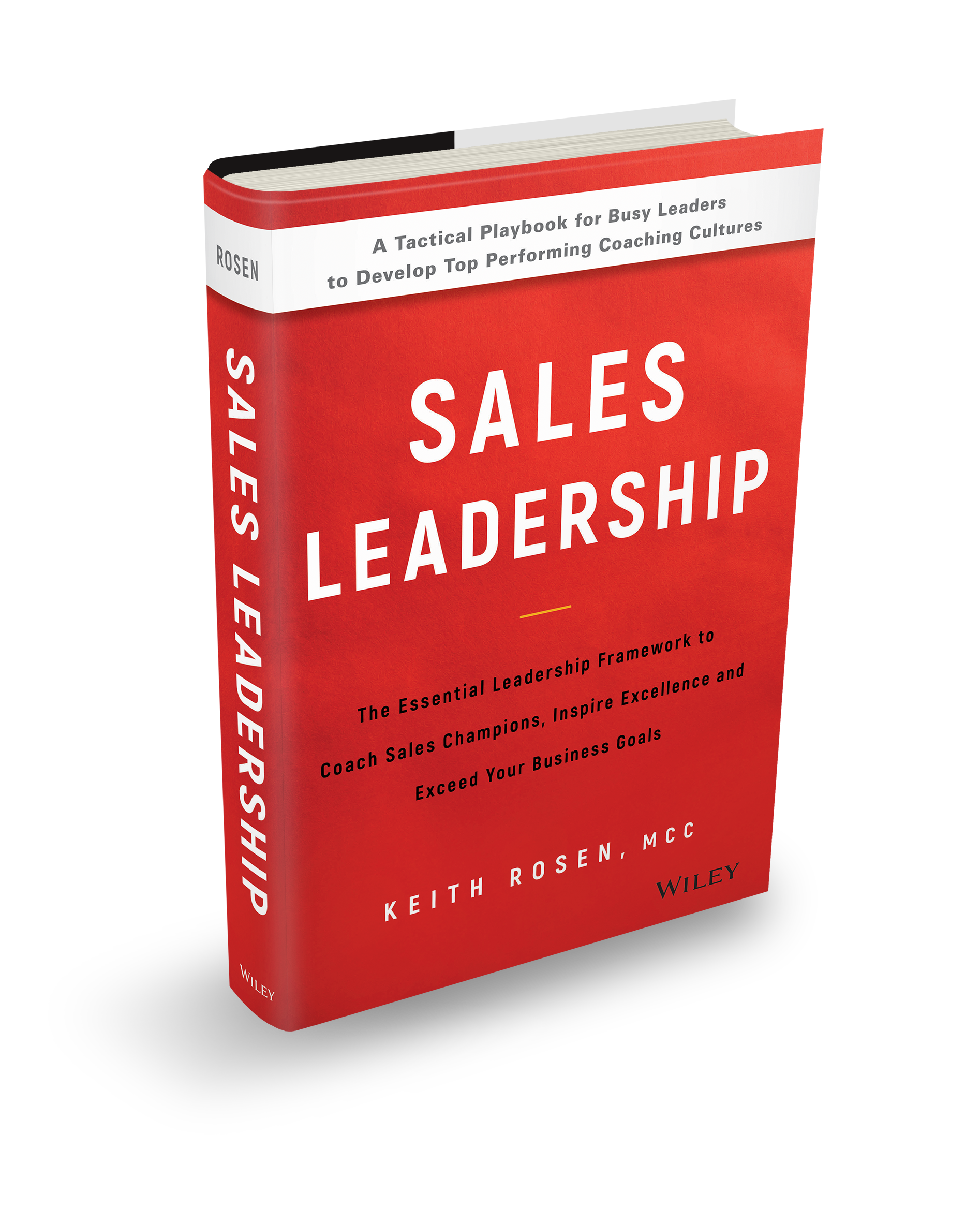- January 8, 2019
- Posted by: Dave Kurlan
- Category: Understanding the Sales Force

Image Copyright iStock Photos
Have you ever watched a news program where they presented poll results, like the number of people in favor of legalizing marijuana? The poll shows popular opinion, but not the facts, logic, or impact on arrests, the economy, traffic accidents, unemployment, addiction, death rates, etc. There is a huge difference between people’s often uninformed opinions, versus what the facts might suggest. That’s the problem with the statistics I’m going to share in this article. The stats show what sales managers are doing but those managers are largely uninformed. They don’t know what’s good for them, haven’t been asked or held accountable to doing it differently, and aren’t in any way shape or form following best practices. John Pattison, Objective Management Group’s COO, mined some data on salespeople who report to sales managers. I was appalled by what I saw. Check this out!
I reviewed data from 17,000 salespeople who reported to 4,000 managers in companies across more than 100 industries and here are some of the most interesting findings (see how 500,000 salespeople score in 21 Sales Core Competencies here):
Tracking, Reporting and Pipeline:
- Margins are the metric tracked most frequently. 65% of sales managers track that because they need that metric to calculate commissions!
- 3% of sales managers don’t track or report on anything
- Only 6% of sales managers track cost per sales call
- Of the 5 pipeline metrics that could be tracked, an average of only 32% of sales managers track 1 or more of them
- Only 33% of sales managers track closing percentage
- Only 41% track average order size
I have news for you. If you don’t track closing percentage or average order size, you can’t identify the number of opportunities that are required to be added to the first stage of the pipeline each month!
Coaching Environment
The data shows that it’s more important that sales managers believe their salespeople trust their intentions, and have strong relationships with their salespeople than what the reality might be. When sales managers believe there is mutual trust and a strong relationship, it is 300% more likely that their salespeople will be strong or elite. That’s because sales managers with these beliefs coach more frequently, coach longer, and coach more effectively. See this article for the data that shows that how sales managers who coach frequently and effectively see a 27% increase in revenue.
If you want to become super effective at coaching salespeople, register to attend my Sales Leadership Intensive on March 19-20. If you want to attend, use DKSLIMAY17 at checkout to receive a $100 discount. Seating is extremely limited (only 20 seats remaining). If you’re like the hundreds of other sales leaders that have attended this event over the past 8 years, you’ll quickly recognize that it’s the finest training you’ve ever received.
 Speaking of sales leadership and coaching, order Keith Rosen’s terrific new book, Sales Leadership, from Amazon.com. You won’t be disappointed.
Speaking of sales leadership and coaching, order Keith Rosen’s terrific new book, Sales Leadership, from Amazon.com. You won’t be disappointed.
